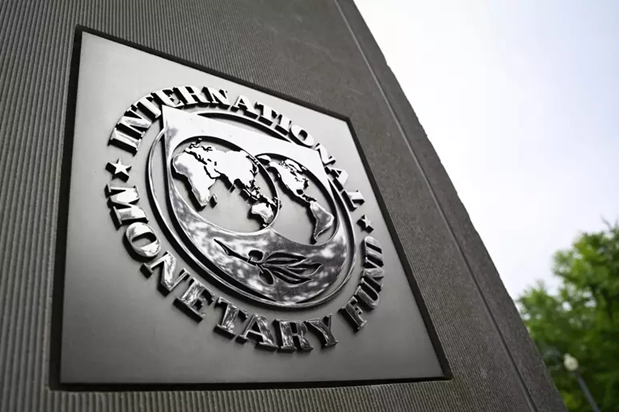
The International Monetary Fund (IMF) released a statement on June 3, revising Brazil's 2025 economic growth forecast to 2.3% and predicting that by the end of 2027, domestic inflation in Brazil will gradually return to the set target level. This forecast was reached after the IMF technical delegation visited Brazil from May 20 to June 2 for an assessment and discussions with the Brazilian government and other stakeholders.
In the April edition of the World Economic Outlook report, the IMF had previously projected a 2.0% GDP growth rate for Brazil in 2025 and 2026. The IMF emphasizes that the updated forecast represents the views of its technical team and may not necessarily reflect the stance of the organization's executive board.
The upward revision by the IMF was primarily influenced by economic data released last week by the Brazilian Institute of Geography and Statistics (IBGE). According to the statistics, Brazil's GDP grew by 1.4% quarter-on-quarter in the first quarter of 2024, showing a significant acceleration from the end of the previous year, mainly due to strong performance in the agriculture and livestock sectors.
According to the IMF statement, "The technical team estimates that Brazil's economic growth will slow from 3.4% in 2024 to 2.3% in 2025, primarily due to tighter monetary and financial conditions in Brazil, reduced public fiscal support, and high levels of uncertainty in the global economic and trade environment."
Regarding inflation in Brazil, the IMF predicts that the inflation rate in Brazil will reach 5.2% by the end of 2025 and gradually decline to the target level of 3% by the end of 2027. The Brazilian government currently sets a central inflation target of 3%, with a tolerance range of plus or minus 1.5 percentage points, meaning the lower tolerance limit is not less than 1.5%, and the upper tolerance limit does not exceed 4.5%.
The IMF anticipates that Brazil's economic growth will reach 2.5% in the medium term, driven by monetary policy normalization and a series of structural support factors, notably as Brazil advances and implements further tax reforms and accelerates green renewable energy production. The IMF adds, "Advancing more structural reforms and implementing the green sustainable transformation plan will further boost medium-term growth prospects."
The IMF also notes that despite elevated global uncertainties posing downside risks to the Brazilian economy, the country's robust financial system, ample foreign exchange reserves, and flexible exchange rate system enhance its economic resilience. Regarding monetary policy, the IMF believes that the monetary tightening measures initiated by the Brazilian Central Bank since September 2024 have been "appropriate and consistent," helping to lower domestic inflation and its expectations. Currently, the Brazilian Central Bank has raised the benchmark interest rate Selic to 14.75%, the highest level in nearly 20 years. The IMF points out that while the Central Bank will convene another monetary policy meeting this month without a clearly defined next policy direction, signs indicate that Brazil will need to maintain high interest rates for an extended period to address inflation issues.
Regarding Brazil's public fiscal policy, the IMF recommends that for sustained reduction in public debt, the Brazilian government needs to undertake "more sustainable and ambitious public fiscal efforts," including enhancing public fiscal framework measures, increasing public fiscal revenues, and optimizing public spending policies.
